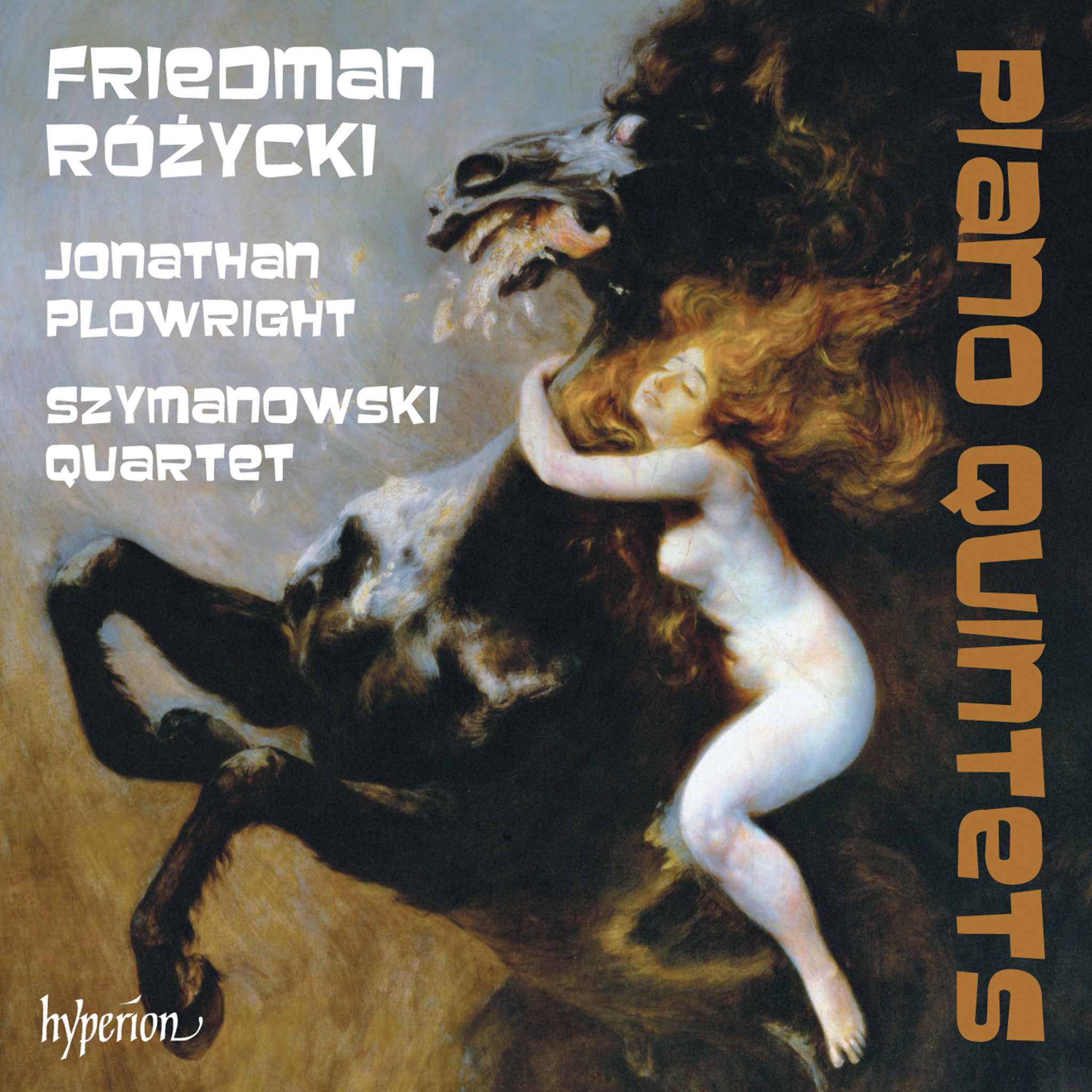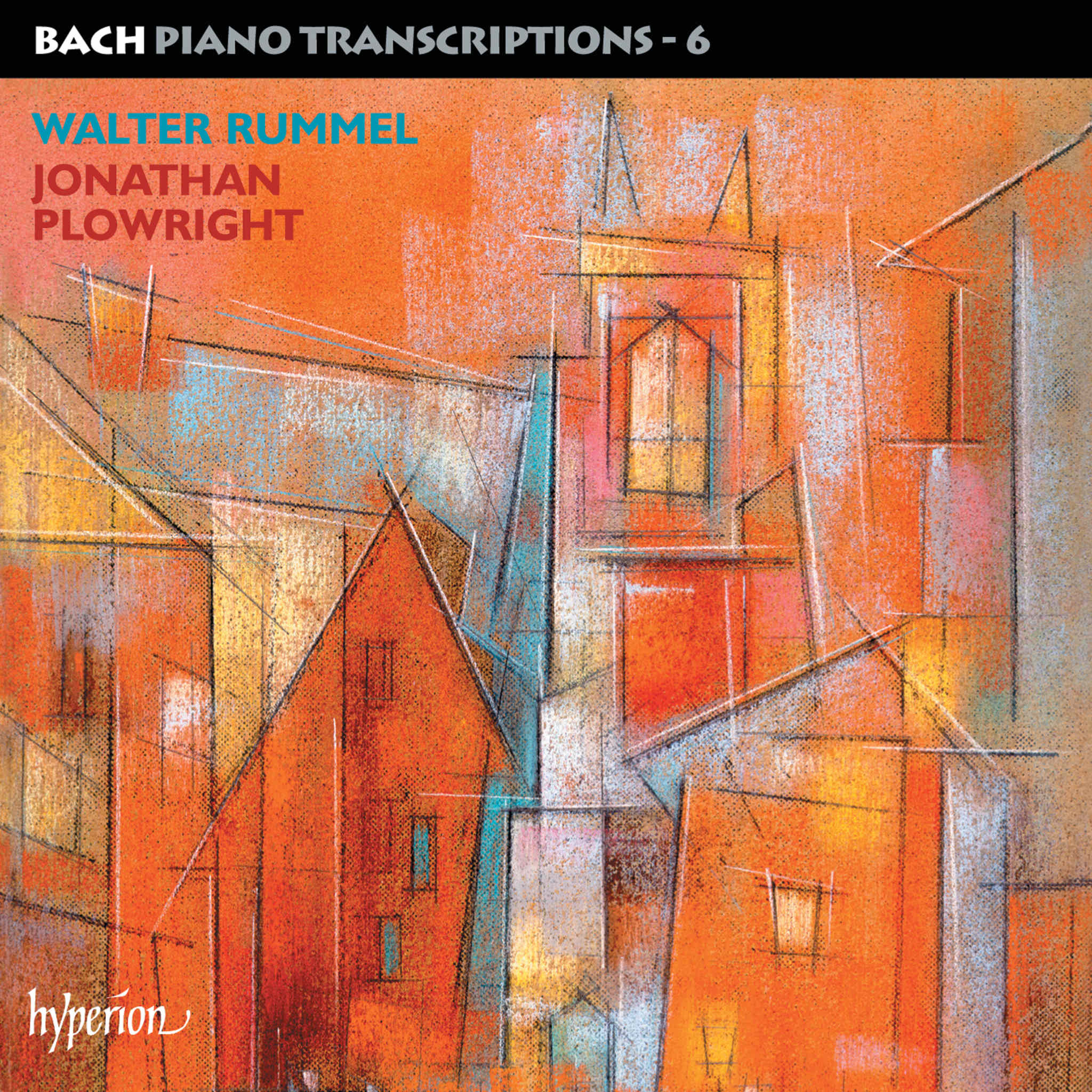Zygmunt (Sigismond) Stojowski kam am 8. April 1870 im Ort Strzelce nahe Kielce zur Welt. Die ersten Einblicke in die Kompositionslehre erhielt er in Krakau von Wladyslaw Zelenski. Anschließend setzte Stojowski seine musikalische Entwicklung am Konservatorium in Paris fort, wo er unter der Anleitung von Léo Delibes, Théodore Dubois und Louis Diémer studierte. Während seiner Zeit in Paris wurde er für Klavier, Kontrapunkt und Fuge mit Preisen geehrt. Nach Abschluss des Studiums bildete er sich bei Wladyslaw Górski und Ignacy Paderewski weiter und erwarb zudem ein Diplom in Geisteswissenschaften an der Université de Paris-Sorbonne.
Im Jahr 1905 übersiedelte Stojowski nach New York, wo er die Leitung der Klavierabteilung am neu gegründeten Institute of Musical Art übernahm. Als erster polnischer Komponist erhielt er die Ehre, dass das New York Philharmonic Orchestra ihm ein komplettes Konzert widmete. Seine Konzertreisen führten ihn durch Europa sowie Nord- und Südamerika, und in Manhattan leitete er seine eigenen "Stojowski-Studios". Seine Werke, die sich durch Lyrik und dichte Chromatik auszeichnen, wurden zu seinen Lebzeiten hoch geschätzt. Nach Ausbruch des Ersten Weltkriegs kehrte Stojowski nur ein einziges Mal, im Oktober 1929, nach Polen zurück.
Auch innerhalb der amerikanischen Polonia engagierte sich Stojowski stark. Für seinen Beitrag zur Wiedererlangung der polnischen Unabhängigkeit wurde ihm die höchste zivile Auszeichnung Polens verliehen. Er stand dem "Kolo Polskie" in New York als Präsident vor und gründete das Polish Institute of Arts and Letters. Während des Zweiten Weltkriegs führte er das Polish Musicians' Committee und war Herausgeber der Wochenzeitung Polish Review.
Am 5. November 1946 verstarb Sigismond Stojowski in New York. Seine herausragende Rolle unter den Komponisten der Spätromantik zeigt sich in seinem kompositorischen Schaffen. Die Deux Pensées musicales, op. 1, schrieb er während seiner Studienzeit am Pariser Konservatorium; Léo Delibes leitete dieses Werk vor der Veröffentlichung an Ignacy Paderewski weiter. Besonders populär war dabei die Mélodie, Nr. 1 aus den Pensées. Die Deux Orientales, op. 10, entstanden inspiriert von Eindrücken aus dem Orient und spiegeln unterschiedliche Stimmungen wider.
Die Variationen über ein Krakauer Thema basieren auf einem polnischen Volkslied und bezeugen Stojowskis Vielseitigkeit und technisches Können als Pianist. Die Werke Fantasie, op. 38, und Aspirations, op. 39, dokumentieren seinen Übergang vom romantischen Stil zum Impressionismus. Die Variations et Fugue sur un thème original, op. 42, gelten als bedeutendes Beispiel für Kontrapunkt und Fuge.
Stojowskis umfassendes musikalisches Wirken und sein Beitrag zur Musikgeschichte unterstreichen die Bedeutung dieses polnischen Komponisten und Patrioten, dessen Name heute leider nur noch selten genannt wird.










